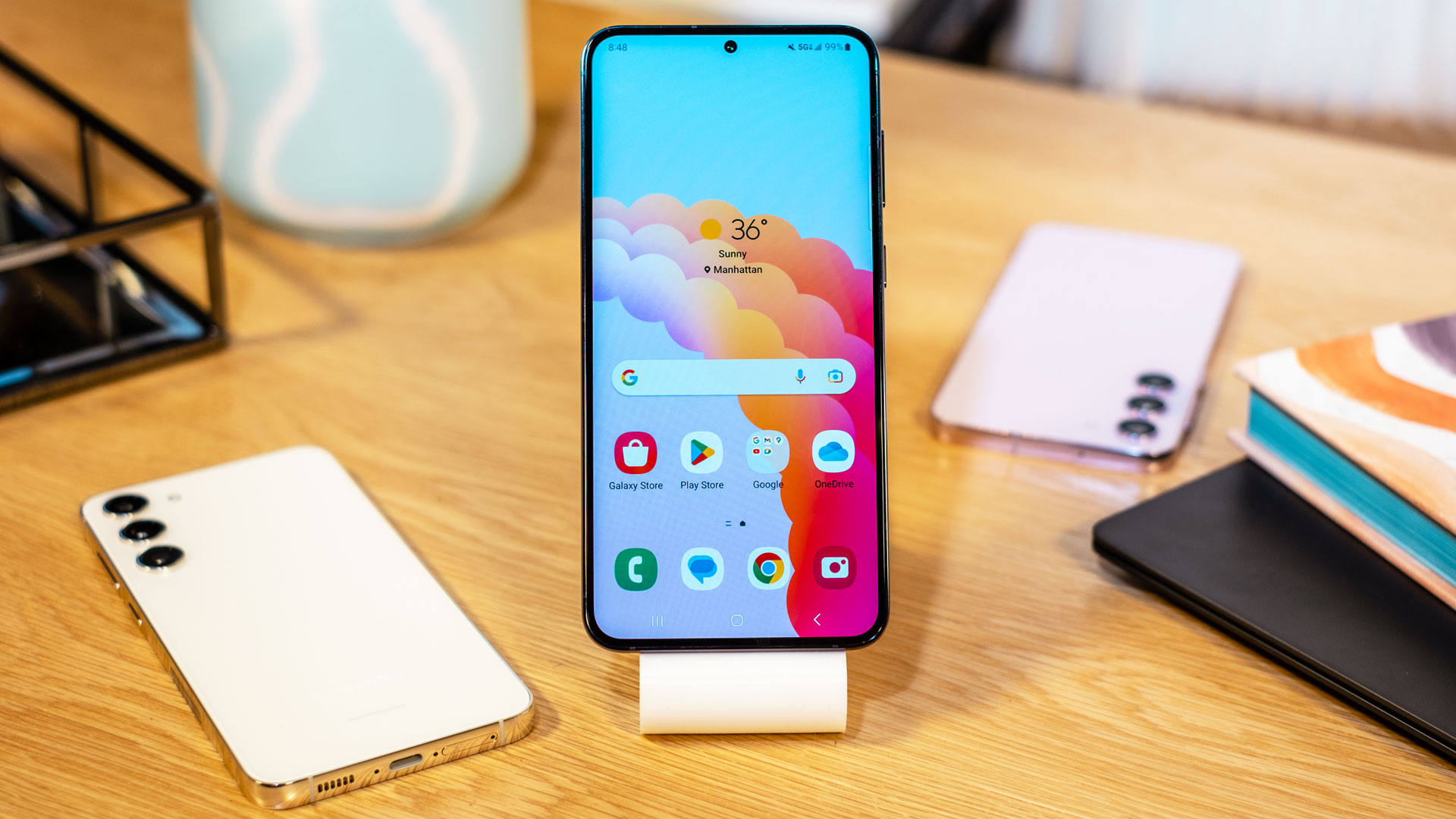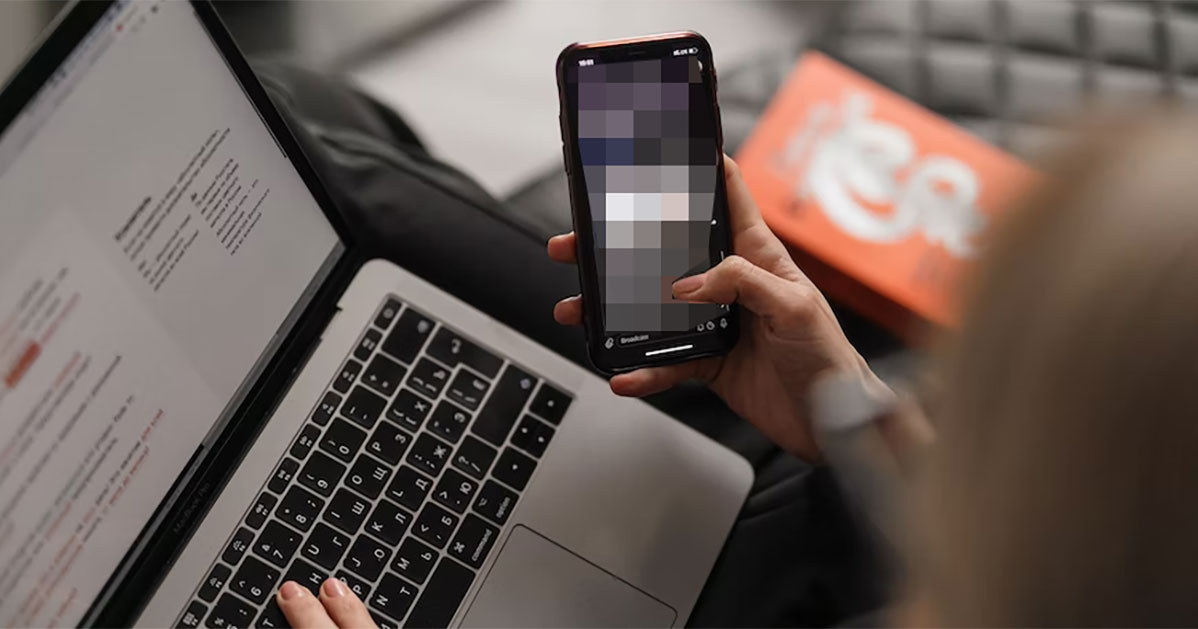After years of losing, it’s finally feds’ turn to troll ransomware group

Getty Images
After years of being outmaneuvered by snarky ransomware criminals who tease and brag about each new victim they claim, international authorities finally got their chance to turn the tables, and they aren’t squandering it.
The top-notch trolling came after authorities from the US, UK, and Europol took down most of the infrastructure belonging to Lockbit, a ransomware syndicate that has extorted more than $120 million from thousands of victims around the world. On Tuesday, most of the sites Lockbit uses to shame its victims for being hacked, pressure them into paying, and brag of their hacking prowess began displaying content announcing the takedown. The seized infrastructure also hosted decryptors victims could use to recover their data.
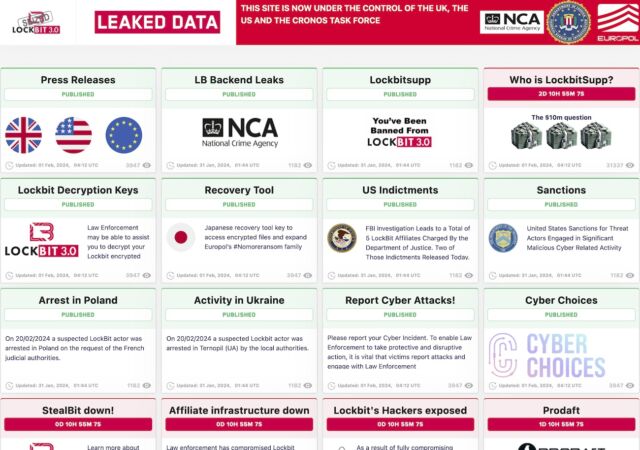
this_is_really_bad
Authorities didn’t use the seized name-and-shame site solely for informational purposes. One section that appeared prominently gloated over the extraordinary extent of the system access investigators gained. Several images indicated they had control of /etc/shadow, a Linux file that stores cryptographically hashed passwords. This file, among the most security-sensitive ones in Linux, can be accessed only by a user with root, the highest level of system privileges.
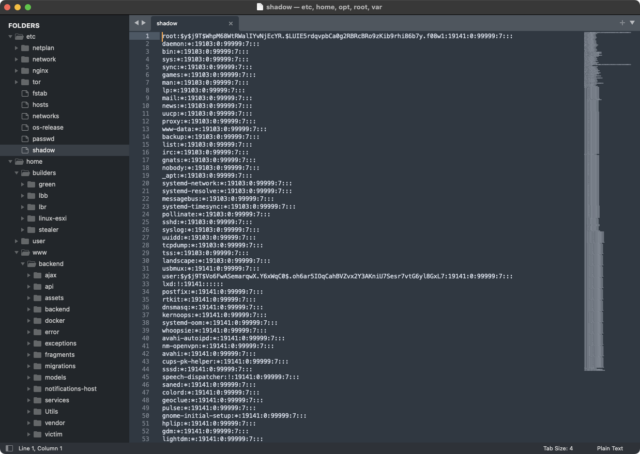
Other images demonstrated that investigators also had complete control of the main web panel and the system Lockbit operators used to communicate with affiliates and victims.
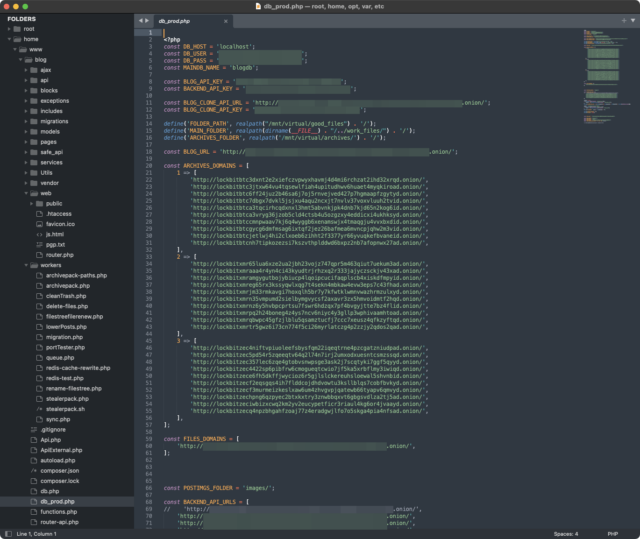
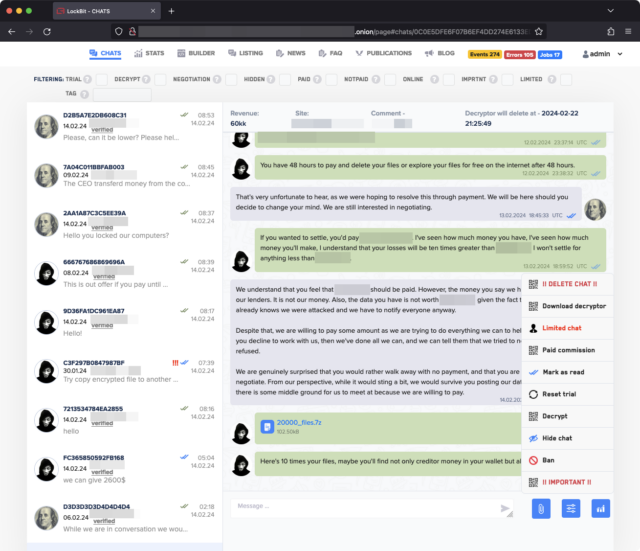
The razzing didn’t stop there. File names of the images had titles including: “this_is_really_bad.png,” “oh dear.png,” and “doesnt_look_good.png.” The seized page also teased the upcoming doxing of LockbitSupp, the moniker of the main…

